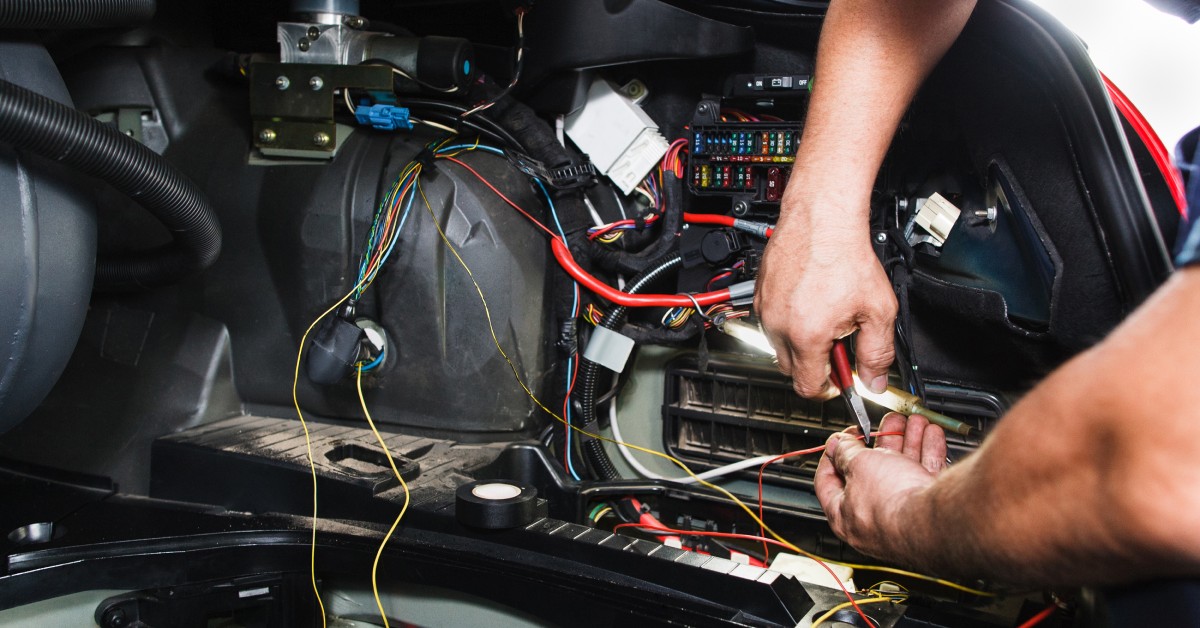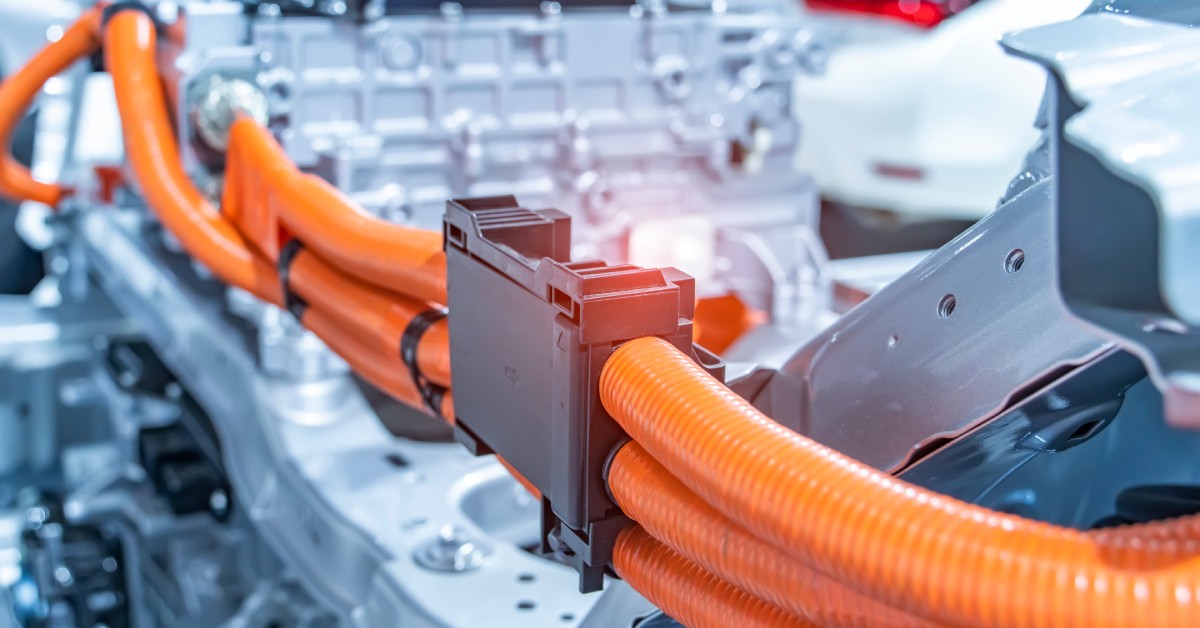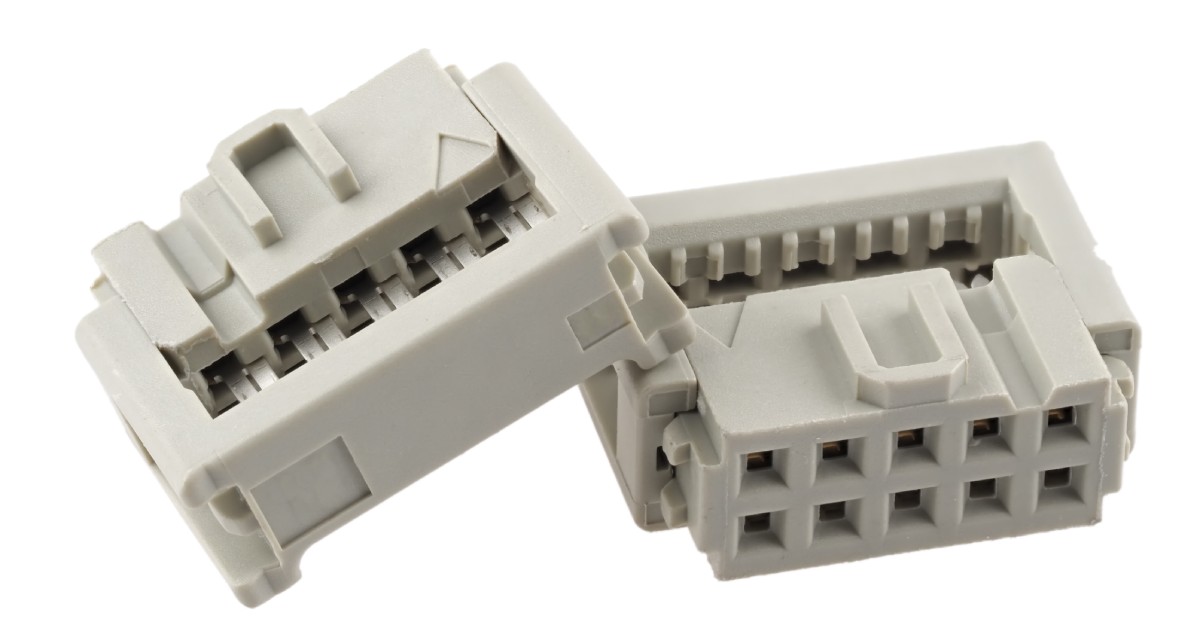How 10-Cavity Connectors Perform in Automotive Environments
How 10-Cavity Connectors Perform in Automotive Environments

In automotive engineering, reliability and efficiency are important every step of the way. Some components that contribute to these qualities are the connectors. The 10-cavity connector has a reputation for its durability and versatility in various automotive applications. Connector Experts will explain how 10-cavity connectors perform in automotive environments and what these instruments accomplish to make engines more versatile.
What Are 10-Cavity Connectors?
10-cavity connectors are specialized electrical connectors that facilitate the connection of multiple wires within a single compact unit. Each cavity accommodates individual pins or sockets, allowing for organized wiring and efficient signal transmission.
Automotive systems commonly use these connectors, and engineers design them to withstand various environmental conditions such as temperature fluctuations, moisture, and vibration. Since all of these issues are common in automobiles, the connectors must withstand them without issues.
The design of 10-cavity connectors often includes locking mechanisms to secure connections and prevent accidental disconnections. Their modular nature also allows for easy maintenance and upgrades, making them the top choice among automotive engineers seeking reliability and performance in their electrical systems.
The Importance of Connectors in Automotive Systems
Connectors are the backbone of electrical connectivity and signal integrity throughout a vehicle. They facilitate communication between various electronic components, such as sensors, actuators, and control units.
Advanced technologies such as infotainment systems, navigation, and safety features are common in modern vehicles, so they need reliable connectors. A high-quality connector ensures that electrical signals can transmit efficiently, reduces the risk of malfunctions, and improves vehicle performance.
Connectors must adhere to strict automotive standards, as they must endure extreme temperatures, exposure to moisture, and constant vibrations. Durability enhances safety, extends the lifespan of vehicle systems, and contributes to lower maintenance costs and improved driver satisfaction.
Design Features of 10-Cavity Connectors
The design of 10-cavity connectors incorporates several features that enhance their functionality and reliability in automotive applications. High-quality materials, such as thermoplastic elastomers and reinforced plastics, enable connectors to withstand extreme temperatures and harsh environmental conditions.
The connectors often feature advanced sealing technologies, such as rubber grommets and silicone seals, that provide excellent resistance to moisture and dust ingress while safeguarding the electrical connections.
Additionally, engineers lay out the cavities to optimize space and enhance wire management within the vehicle. They design each cavity with an individual locking mechanism that guarantees a secure fit and prevents accidental removal, which is crucial for maintaining signal integrity.
The color-coded pins and sockets facilitate identification during installation and maintenance. The modularity of 10-cavity connectors allows for scalability in design, so automotive engineers can adapt the connector to various applications and technologies as vehicle systems evolve.

Performance Under Temperature Extremes
Automotive environments can include extreme temperatures, ranging from frigid to scorching. Engineers and manufacturers design 10-cavity connectors to maintain their performance under such conditions. They choose materials for their thermal stability, ensuring the connectors do not deform or degrade over time. Thermal resilience is crucial for maintaining electrical conductivity and preventing failures in automotive systems.
Vibration and Shock Resistance
Vibration is a normal side effect of any vehicle, so manufacturers have to design the systems and all individual components to withstand regular shakes and shocks, especially when driving on rough terrain or making sudden maneuvers. Manufacturers engineer 10-cavity connectors to resist these forces and maintain secure connections under unpredictable conditions.
The design, combined with secure locking mechanisms, ensures that the wires remain firmly in place. Resistance to mechanical stress prevents electrical faults and enhances the reliability of the vehicle.
Moisture and Chemical Resistance
Exposure to moisture and chemicals is common in automotive environments. Connectors must resist corrosion due to rain, road salt, or engine oil and maintain their integrity.
Manufacturers or engineers equip 10-cavity connectors with specialized seals and coatings to protect against these elements. By keeping moisture and chemicals at bay, these connectors prevent corrosion, short circuits, and other potential issues that could compromise the vehicle’s electrical systems.
Ease of Installation and Maintenance
Automotive 10-cavity connectors are incredibly easy to install and maintain. Because they have a range of user-friendly features, you can attach these connectors quickly and securely to the wiring harness.
Many models include color-coded or keyed designs to prevent incorrect connections. The modular nature of 10-cavity connectors allows for easy replacement or reconfiguration while reducing downtime and maintenance costs for automotive engineers.
Compatibility With Modern Automotive Systems
Many modern vehicles have complex electrical systems, including advanced driver-assistance systems (ADAS) and infotainment units. Luckily, 10-cavity connectors are compatible with these sophisticated systems and provide reliable connections that support their functionality. By integrating seamlessly with modern automotive technology, these connectors support smooth operation and enhance the driving experience.

Enhancing Safety With Reliable Connections
Safety is a top priority in the automotive industry, and reliable electrical connections are essential for ensuring it. Faulty or intermittent connections can lead to system failures and pose safety risks to drivers and passengers.
Fortunately, 10-cavity connectors provide secure and consistent connections that minimize the risk of electrical malfunctions. Their design and engineering prevent issues that could compromise the vehicle’s safety systems, such as airbags, braking systems, and lighting.
Future Trends in Connector Technology
Connector technology will make significant advancements as the automotive industry evolves in order to meet the demands of emerging technologies and sustainability initiatives. One notable trend is the shift toward increased miniaturization without compromising performance.
The need for smaller, lighter connectors that can handle higher data rates and power levels increases as vehicles integrate more electronic systems, such as connected car technologies and electrification.
Additionally, the rise of electric and hybrid vehicles is driving innovation in connector design. The focus is on heat dissipation and enhanced electromagnetic interference (EMI) shielding to support performance in high-voltage and high-frequency environments.
Smart connectors equipped with diagnostic capabilities are also on the horizon. They allow for real-time monitoring of electrical connections and enable proactive maintenance. These advancements will not only enhance the functionality and longevity of connectors but will also reinforce their role in supporting the next generation of automotive technologies.
If you’re in need of reliable and high-performance automotive connectors, look no further than Connector Experts. Our range of products includes the versatile 10-pin connector pigtail that meets the rigorous demands of modern automotive applications. We’re committed to providing top-quality components that enhance your vehicle’s performance and safety. Contact us today to learn more about how our connectors can support your projects and keep your systems running smoothly!

You must login to post comments.